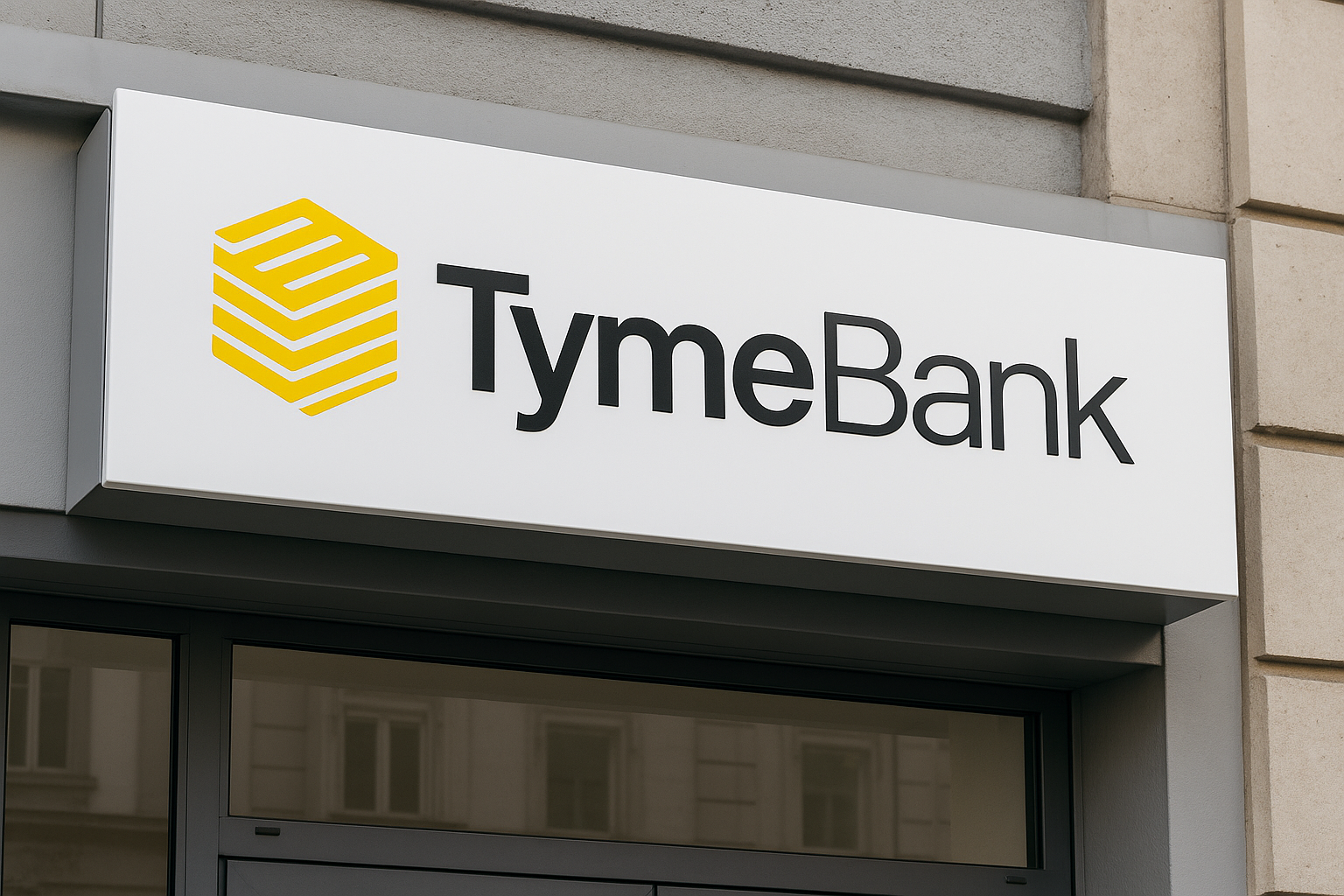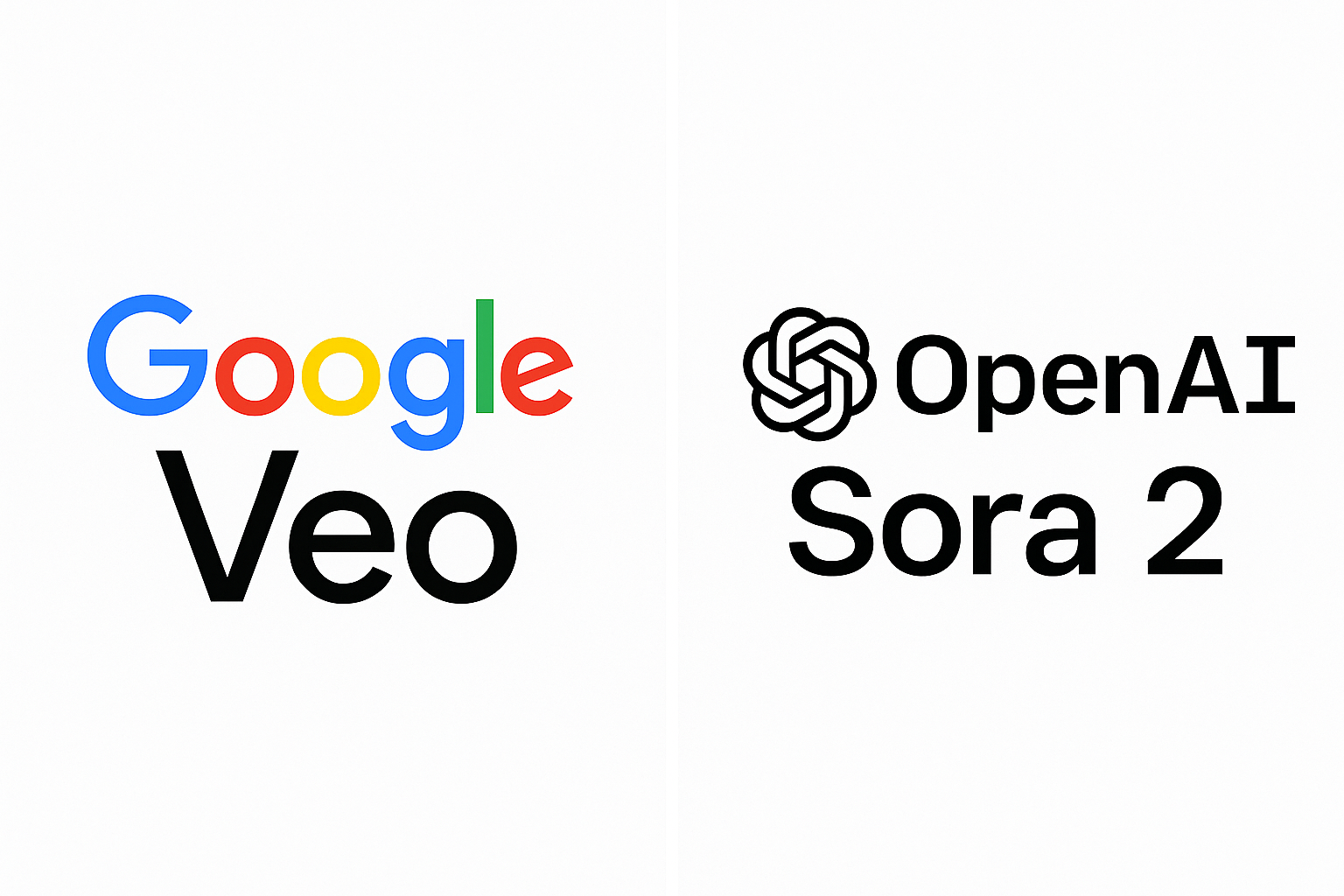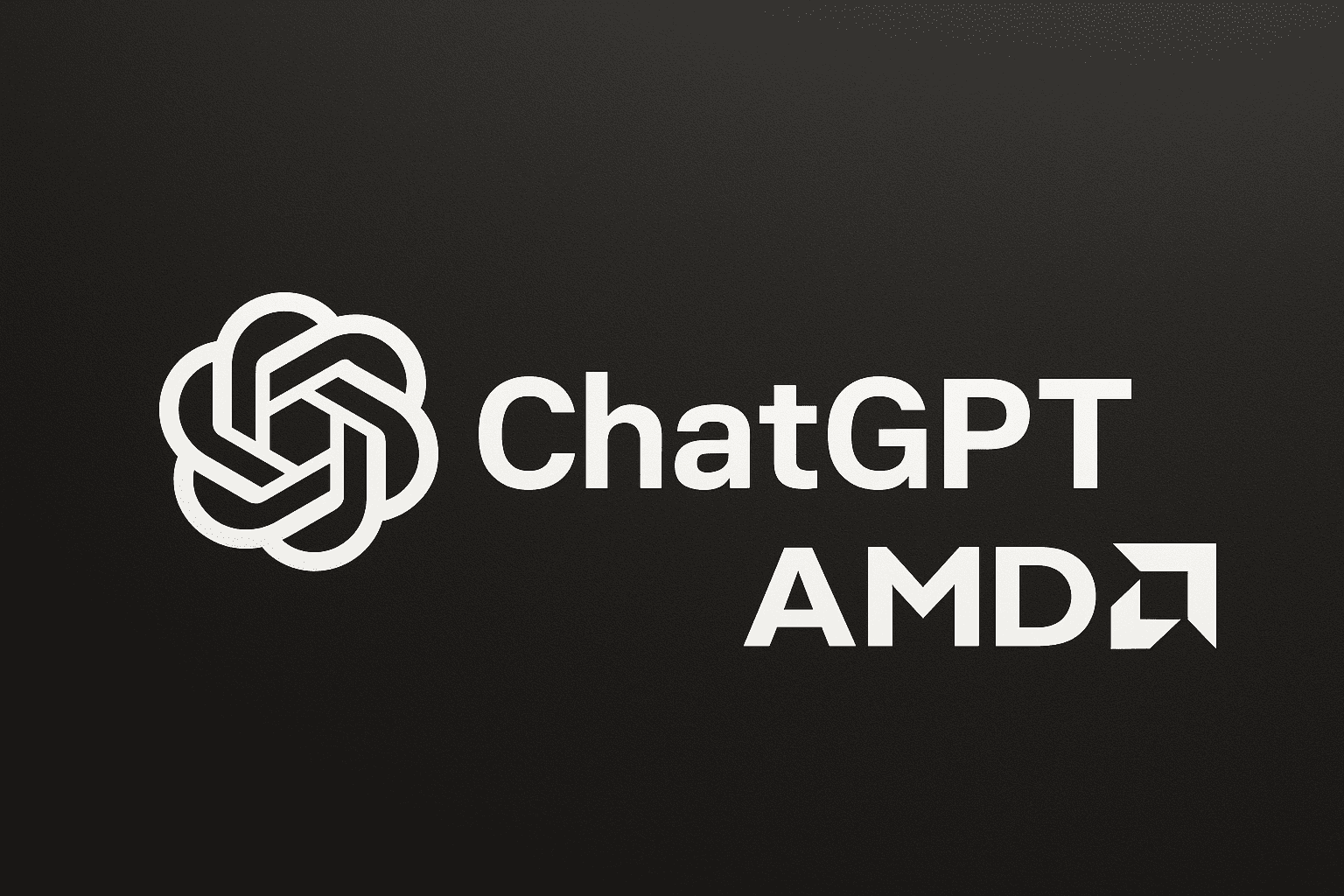AI Regulation in SA: What’s Coming in 2025 for South African Businesses

AI Regulation in SA: What’s Coming in 2025 for South African Businesses
South Africa stands at the precipice of a transformative era in artificial intelligence (AI) governance. With the draft National AI Policy Framework unveiled in late 2024 by the Department of Communications and Digital Technologies (DCDT) and comprehensive public consultations concluding in April 2025, the government is meticulously laying the groundwork for robust, ethical, and legally enforceable AI legislation by 2026. For every South African business owner, tech professional, and ambitious entrepreneur, this isn’t merely a procedural update; it represents a fundamental shift in how AI innovation will be managed and integrated across the economy. From AI-powered customer support and sophisticated logistics to automated hiring tools, local companies are already harnessing AI’s power. Yet, in the absence of clear legal boundaries, the critical line between innovation and potential risk has remained ambiguous. That ambiguity is now set to dissipate. This article offers a crucial breakdown of what the impending AI regulation in South Africa means for your business in 2025 and outlines practical steps to ensure compliance and readiness well before these vital laws come into full effect.
What Is South Africa’s AI Policy Framework?
Origins & Timeline
In October 2024, South Africa’s Department of Communications and Digital Technologies (DCDT) unveiled the National AI Policy Framework, designed to guide ethical and responsible AI use. This foundational document, now under review following extensive public input, is expected to become the bedrock for enforceable AI legislation by 2026.
Public consultations, which concluded in April 2025, gathered significant input from diverse stakeholders, including the private sector, academia, and civil society. South Africa is also positioning itself to showcase leadership ahead of the upcoming G20 summit, actively benchmarking its approach against global peers to ensure its framework is both locally relevant and internationally aligned.
The Nine Strategic Pillars
The framework outlines nine key strategic areas that will shape specific obligations and opportunities across industries in the coming years:
- Digital Infrastructure
- Skills & Talent Development
- Ethical & Responsible AI
- Research & Innovation
- Governance & Regulation
- Data and Privacy
- Economic Inclusion
- International Cooperation
- Public Sector AI Readiness
Where SA Stands Globally & in Africa
Benchmarking Against Global Leaders
South Africa is adopting a considered and rights-based approach compared to the European Union’s groundbreaking AI Act, which classifies AI systems based on their risk profiles. While the EU’s law is already partially enforceable in 2024, South Africa’s framework is still evolving, indicating a preference for a more consultative and tailored approach.
Compared to fellow African nations like Rwanda and Nigeria, which have launched national AI strategies primarily focused on economic development, South Africa is placing a heavier emphasis on robust governance and rights-based design. This strategic focus positions South Africa as a potential regulatory leader on the continent, setting a precedent for ethical and responsible AI adoption.
UNESCO & G20 Influence
South Africa has formally committed to UNESCO’s global recommendations on the ethics of artificial intelligence, adopted in 2021. This commitment underpins the ethical considerations embedded within the National AI Policy Framework. Furthermore, South Africa will likely leverage its upcoming G20 presidency to highlight its progressive AI roadmap on the international stage. This global focus and the need to align with international best practices may accelerate the finalization of the domestic AI policy and subsequent legislation.
Key Impacts for South African Businesses
The shift from a policy framework to enforceable legislation will translate into tangible impacts across various business functions. South African companies must recognize that AI integration is no longer a fringe IT concern but a core strategic imperative:
- Elevated Boardroom Responsibility: AI will no longer be relegated solely to the IT department. Under the globally respected King IV corporate governance code, and soon the explicit AI regulations, board members will carry a heightened fiduciary duty to oversee how AI systems are developed, deployed, and utilized. This oversight will be particularly stringent in high-risk areas such as automated hiring processes (where algorithmic bias can lead to discrimination), credit and lending decisions (requiring fairness and explainability in scoring models), or public surveillance applications. Boards will need to ensure that AI deployments align with ethical principles, avoid algorithmic bias, and uphold human rights. Directors face potential personal liability for failures in oversight, demanding a deeper understanding of AI’s capabilities and inherent risks. The Institute of Directors in South Africa (IoDSA) is already offering guidance on this evolving responsibility.
- Data Sovereignty & POPIA Compliance: The framework strongly emphasises local data storage and transparency in AI data processing. This means businesses leveraging AI may need to critically reassess their reliance on global cloud providers if they cannot demonstrate compliance with local privacy laws. Compliance with existing local privacy laws, specifically the Protection of Personal Information Act (POPIA), becomes even more critical. POPIA already dictates stringent rules around the lawful processing of personal information, including explicit consent requirements for data used in AI training, strict data minimisation principles, and crucially, individuals’ rights to object to decisions based solely on automated processing (Section 71). Future AI legislation will likely reinforce and expand these obligations, requiring clear audit trails, robust data governance, and enhanced explainability for AI systems that process personal information. The Information Regulator will play a key role in enforcement.
- Addressing Connectivity Gaps & Digital Inclusion: While AI promises efficiency, the framework acknowledges South Africa’s persistent digital divide. Roughly 25.3% of South Africans still lacked internet access at the start of 2024, according to DataReportal’s Digital 2024 report. Companies relying heavily on AI-driven platforms may unintentionally exclude underserved markets, thereby undermining economic inclusion and eroding public trust. Businesses will be encouraged, and potentially mandated, to develop AI solutions that are accessible and equitable, considering diverse user needs and connectivity limitations to ensure broader societal benefit and to uphold the framework’s pillar of Economic Inclusion.
What Entrepreneurs & Tech Leaders Should Do Now
The proactive steps taken today will determine a business’s readiness and competitive edge tomorrow:
- Audit Your AI Systems: Begin by comprehensively mapping where and how AI is currently being used within your business operations. This includes automated decision-making processes, the types of data usage (especially personal information), and any customer-facing AI tools. Critically check for alignment with existing POPIA regulations and emerging global AI ethics standards.
- Focus on Explainability & Fairness: Anticipate future rules that will require your AI tools to be transparent, explainable, and free of systemic bias. This will likely necessitate working closely with data scientists to regularly review algorithms for unintended discrimination and implementing “human-in-the-loop” decision-making processes for critical applications.
- Engage With Policymakers (Indirectly): While the formal public consultation window has closed, the draft policy is still being refined. Industry leaders can continue to influence the process by engaging through established channels such as chambers of commerce, tech hubs, and influential industry alliances like the Artificial Intelligence Institute of South Africa (AIISA) and the South African Artificial Intelligence Association (SAAIA). These bodies often provide platforms for collective feedback and advocacy.
Pitfalls & Challenges Ahead
While the path to formal AI regulation is both inevitable and necessary, South African businesses must navigate potential pitfalls by proactively implementing mitigation strategies:
- Ambiguity in Policy Language: The draft policy framework currently outlines broad goals but lacks granular detail on specific implementation and compliance mechanisms. This uncertainty could create confusion for businesses, particularly startups and SMEs that lack extensive legal teams or in-house expertise. Mitigation: Businesses should seek legal counsel specializing in tech law, monitor official DCDT publications closely, and actively engage with industry bodies for interpretive guidance as the policy evolves into more detailed legislation.
- Risk of Regulatory Lag: Critics argue that the legislative timeline, with full enforceability anticipated by 2026, might be too slow given the rapid pace of global AI innovation. With international companies rapidly deploying advanced AI tools daily, South Africa risks falling behind in enforcement, potentially leaving local users unprotected or creating a patchwork of de facto industry standards in the interim. Mitigation: Don’t wait for the law. Implement best practices now. Proactive governance, ethical AI frameworks, and regular internal compliance audits will position businesses favourably regardless of the exact legislative timeline. This demonstrates responsible corporate citizenship.
- Threat of Early Non-Compliance & Reputational Damage: Even before formal enforcement mechanisms fully kick in, companies could face significant reputational damage, investor backlash, or consumer mistrust if found using unethical, biased, or non-transparent AI systems. The court of public opinion can be swift and severe. Mitigation: Prioritize proactive governance and ethical AI principles. Establish clear internal guidelines for AI development and deployment, conduct regular AI ethics audits, and foster a culture of responsible AI use throughout the organisation. This pre-emptive approach builds trust and demonstrates commitment to ethical innovation, safeguarding your brand’s standing and future viability.
South Africa’s strategic move toward formal AI regulation is not just inevitable but absolutely essential for fostering responsible innovation. As businesses increasingly integrate AI into every facet of operations – from HR and finance to customer service and product development – clear, enforceable rules will provide much-needed certainty, robustly protect consumers, and ensure that AI development proceeds ethically and inclusively. For South African entrepreneurs, executives, and tech leaders, the window for preparation is now. The companies that proactively audit their AI systems, actively engage with the evolving regulatory process, and meticulously put in place internal frameworks for responsible AI use will not only ensure compliance but also position themselves as leaders shaping the very future of AI in South Africa, driving both economic growth and societal benefit.





